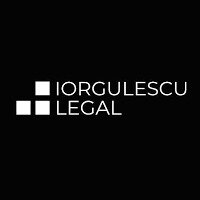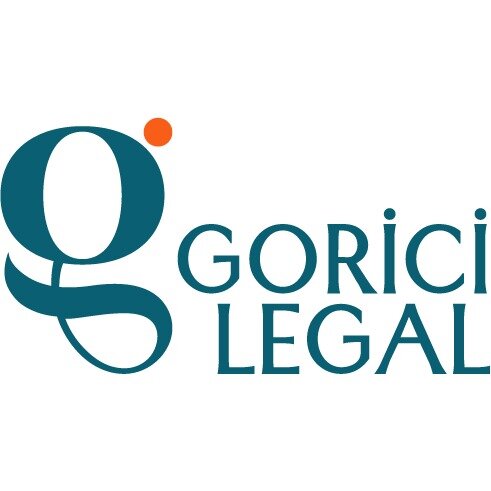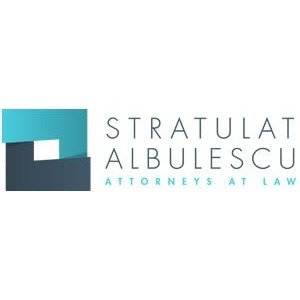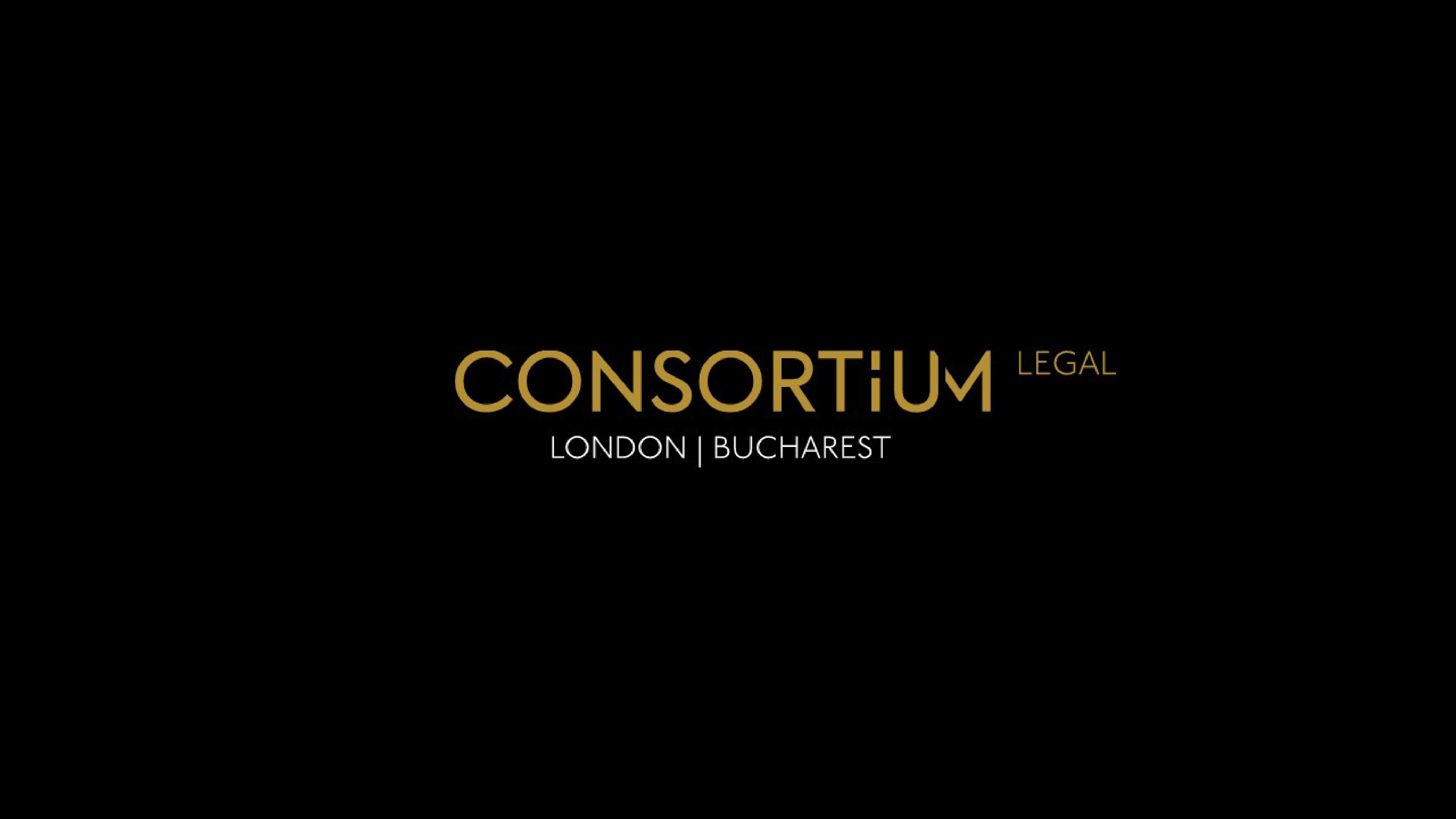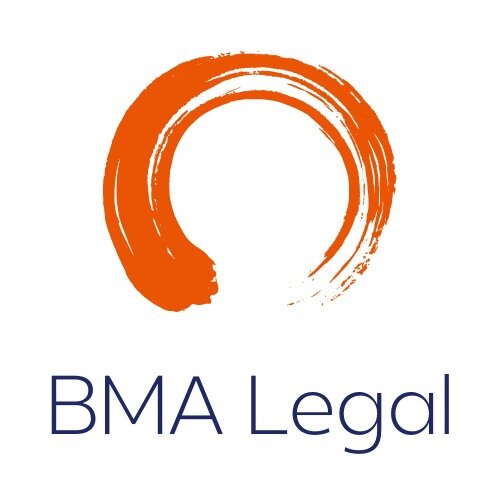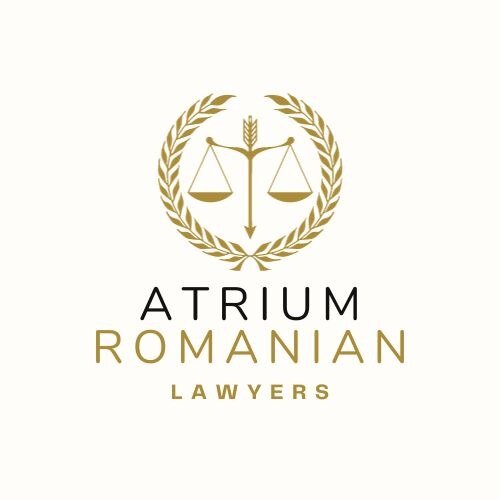Best Energy Regulatory Law Lawyers in Bucharest
Share your needs with us, get contacted by law firms.
Free. Takes 2 min.
List of the best lawyers in Bucharest, Romania
About Energy Regulatory Law in Bucharest, Romania
Energy Regulatory Law in Bucharest, Romania, governs the production, distribution, and consumption of energy, including electricity, natural gas, renewables, and other sources. This area of law is designed to ensure a safe, transparent, and competitive energy market compliant with both national legal frameworks and European Union standards. The Romanian Capital, Bucharest, is the administrative center for important governmental authorities regulating the energy sector, such as the National Energy Regulatory Authority, making the city a focal point for legal matters in the energy field.
Why You May Need a Lawyer
Seeking legal guidance in Energy Regulatory Law can become crucial in several scenarios, especially as the landscape is complex and highly regulated. Below are some common reasons you might need a lawyer specializing in this field:
- Starting or expanding an energy business, such as renewable projects or electricity trading
- Obtaining licenses or authorizations for energy production, supply, or distribution
- Navigating disputes involving contracts between energy suppliers and consumers
- Dealing with regulatory investigations or compliance checks by authorities
- Interpreting and applying changes in national or EU energy regulations
- Managing environmental and permitting requirements for energy projects
- Addressing grid connection issues and infrastructure development
- Transaction support for mergers, acquisitions, or joint ventures in the energy sector
- Handling consumer protection matters in the energy market
Local Laws Overview
In Bucharest, the key legal framework regulating the energy sector is primarily based on Romanian national legislation harmonized with EU directives. The most significant laws and regulations include:
- Law 123/2012 regarding Electricity and Natural Gas, which sets out the rules for market functioning, consumer protection, and competition
- Law 220/2008 concerning the promotion of renewable energy sources, establishing support schemes and obligations
- Regulations and secondary legislation issued by the National Energy Regulatory Authority (ANRE), governing licensing, tariffs, monitoring, and sanctions
- Environmental laws related to energy investments, including impact assessments and permitting
- Competition law relevant for market behavior and mergers in the energy sector, overseen by the Romanian Competition Council
- Local ordinances and urban planning regulations impacting energy infrastructure development within Bucharest
All market participants must comply with the applicable regulatory requirements, and failure to do so can result in fines, license suspension, or even criminal liability in severe cases.
Frequently Asked Questions
What is the role of the National Energy Regulatory Authority (ANRE)?
ANRE is the main regulatory body overseeing the electricity, gas, and district heating sectors in Romania. It issues licenses, enforces compliance, sets tariffs, and handles disputes in the energy market.
How do I obtain an energy production license in Bucharest?
You submit an application to ANRE, providing detailed technical, legal, and financial information about your project. The process requires compliance with both general energy laws and specific ANRE regulations.
What are the requirements for renewable energy projects?
Projects must comply with environmental standards, obtain technical approvals and permits, fulfill grid connection criteria, and register under Law 220/2008 for access to support schemes.
What can I do if my energy supplier breaches the contract?
You may file a complaint with ANRE or seek legal action in civil court for breach of contract, depending on the nature and extent of the breach.
Are there incentives for using renewable energy in Bucharest?
Yes, various financial and regulatory incentives are available, including green certificates and feed-in tariffs, depending on the type of renewable energy and project size.
How is the energy market liberalized in Romania?
Romania has progressively opened its energy market, allowing consumers to choose suppliers and encouraging competition. This process is regulated to protect both consumer rights and market stability.
Do I need environmental permits for energy investments?
Yes, most energy projects require an environmental impact assessment and permits from local or national environmental authorities, especially for renewables and large infrastructure.
What if I want to sell energy produced from my property?
You must comply with licensing requirements for small producers, respect grid connection regulations, and may be eligible for support under renewable energy laws.
How are energy tariffs established?
ANRE sets and approves tariffs for regulated segments, like transmission and distribution. For competitive markets, tariffs are set by contract between the supplier and consumer.
What happens if I fail to comply with energy regulations?
Non-compliance can result in administrative fines, suspension or revocation of licenses, contractual penalties, or even criminal prosecution for severe violations.
Additional Resources
If you need further guidance or want to stay updated with regulatory changes, consider the following resources and organizations:
- National Energy Regulatory Authority (ANRE) - The main energy regulatory body in Romania
- Romanian Ministry of Energy - Responsible for policy and national energy strategies
- Romanian Competition Council - Oversees fair competition in the energy market
- Romanian National Environmental Protection Agency - For environmental permits and impact assessments
- Professional associations, such as the Romanian Energy Center (CRE) and the Employers’ Federation of Energy Utility Companies (ACUE)
Next Steps
If you require legal assistance in Energy Regulatory Law in Bucharest, Romania, begin by identifying your specific need or issue, such as licensing, compliance, project development, or dispute resolution. Gather all relevant documentation and consider contacting a specialized lawyer or law firm with expertise in energy law. You can also approach the National Energy Regulatory Authority for initial guidance on regulatory and compliance issues. For complex matters, such as investments, disputes, or regulatory conflicts, professional legal assistance is strongly advised to ensure your rights and obligations are protected.
Lawzana helps you find the best lawyers and law firms in Bucharest through a curated and pre-screened list of qualified legal professionals. Our platform offers rankings and detailed profiles of attorneys and law firms, allowing you to compare based on practice areas, including Energy Regulatory Law, experience, and client feedback.
Each profile includes a description of the firm's areas of practice, client reviews, team members and partners, year of establishment, spoken languages, office locations, contact information, social media presence, and any published articles or resources. Most firms on our platform speak English and are experienced in both local and international legal matters.
Get a quote from top-rated law firms in Bucharest, Romania — quickly, securely, and without unnecessary hassle.
Disclaimer:
The information provided on this page is for general informational purposes only and does not constitute legal advice. While we strive to ensure the accuracy and relevance of the content, legal information may change over time, and interpretations of the law can vary. You should always consult with a qualified legal professional for advice specific to your situation.
We disclaim all liability for actions taken or not taken based on the content of this page. If you believe any information is incorrect or outdated, please contact us, and we will review and update it where appropriate.



